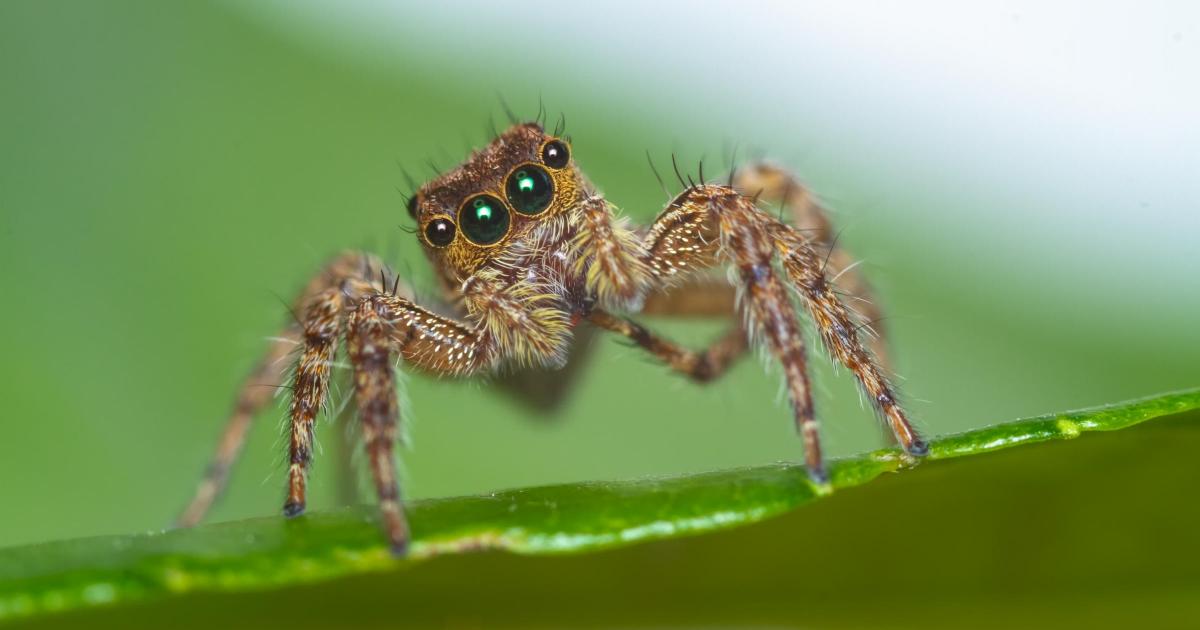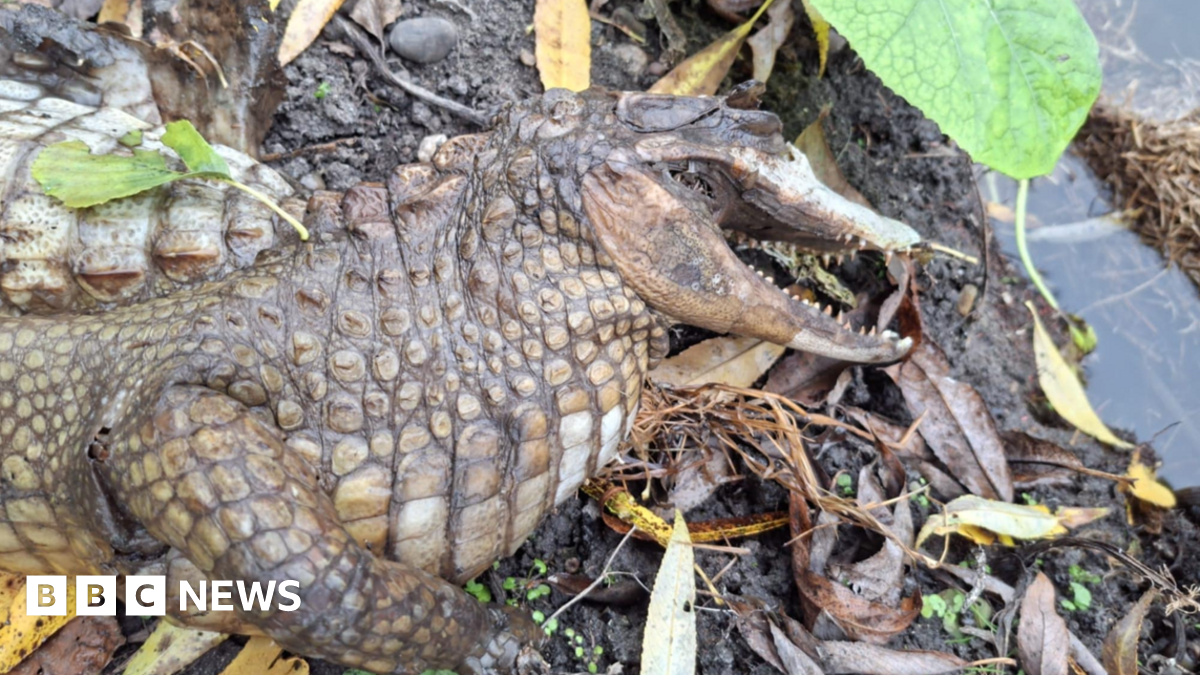Many people suffer from arachnophobia and are always looking for harmless ways to keep spiders away from their properties.
If you’re on the lookout for some ways to keep spiders at bay, here is everything you need to know.
What are jumping spiders and how to identify them?

There are over 40 different species of jumping spider in the UK.
Highlighting what makes them so unique, wildlife photography experts Jason Steel Photography state, “Jumping Spiders do not build webs to catch their prey. As their name suggests, they can jump and launch themselves through the air at great speed.
“They can use this ability to ‘jump’ to catch prey or evade predators.
“Most Jumping Spider species in the UK are diurnal and prefer dry sunny locations. They can often be readily identified by their short, jerky movements when walking.”
According to the British Arachnological Society, jumping spiders, particularly the zebra spider, are generally more common in the south of the British Isles, with these being far less prevalent in places like Northern Scotland.
How to keep jumping spiders away from your home
To help keep jumping spiders away from your home, expert Miroslav Radov from Rainbow Rubbish Removals has provided some expert advice.
Eliminate entry points
Some spider species are small in size, with many being able to fit through gaps as small as a bank card.
This makes inspecting your home for entry points during spider season “crucial,” according to the expert.
By identifying these potential entry points, you can help decrease the risk of spiders entering your property.
You should focus on gaps at low-level foundations and pipes, as well as any cracks and doorways that could be used.
Keep your home clean and clutter-free
Maintaining a good level of cleanliness and decluttering your home is a great way to keep spiders away from your home.
By nature, spiders are attracted to cluttered and undisturbed areas, which often develop due to a lack of cleaning and tidying.
Limiting or eliminating clutter altogether makes it harder for spiders to find shelter, food and water.
Radov states: “Ensure that you regularly vacuum and mop, taking extra care in spaces such as kitchens that can harbour crumbs and food waste.”
Recommended Reading:
Consider natural repellents
There are various natural repellents you can use to deter spiders and decrease the chances of them nesting in your home.
Citrus Scents – Spiders hate the strong and acidic smell of citrus fruits. So, using citrus peels or citrus-scented products around entry points can help to deter spiders.
Vinegar – Vinegar also has a strong acidic scent that is disliked by spiders. White vinegar, which costs as little as 35p, can be particularly useful.
Eucalyptus oil or tea tree oil – The very strong scents of oils such as eucalyptus or tea tree disrupt a spider’s sense of smell. They contain aromatic molecules that spiders find unappealing and look to avoid.


